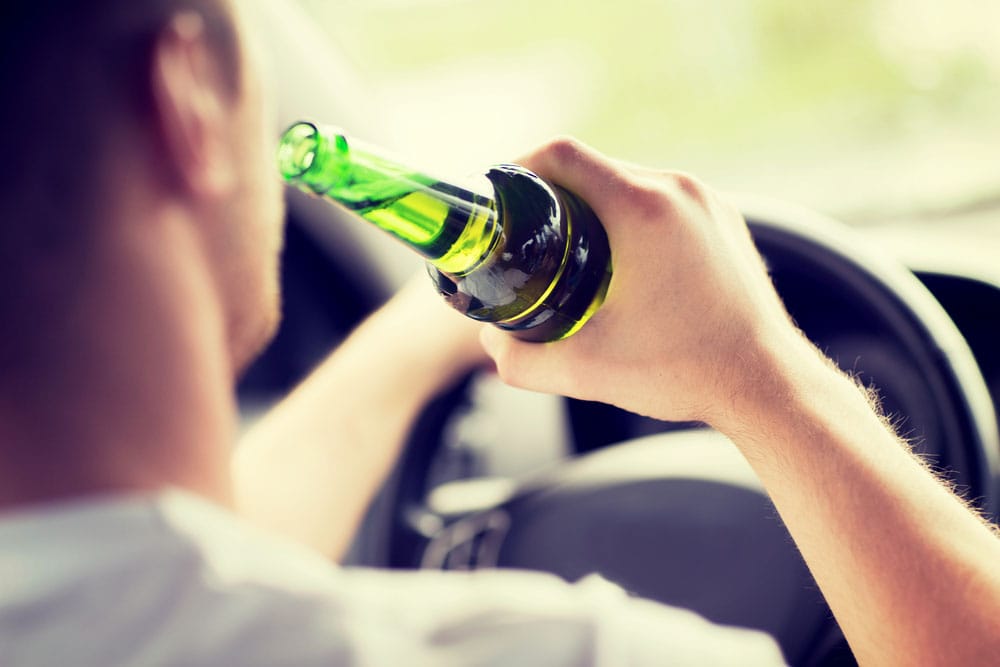Drunk driving too often results in life-ending or life-altering tragedy. In 2016, Pennsylvania State Police arrested 19,518 drivers for DUI, a 3.8% increase from the prior year. The good news is in 2016, the number of people killed in alcohol-related crashes in the state dropped to its lowest level in 20 years. According to PennDOT data, 297 people lost their lives in crashes when either a driver, bicyclist or pedestrian was legally intoxicated. Of course even one drunk-driving death is too many and completely preventable. Here are a few recent cases in which innocent Pennsylvanians lost their lives due to a person drinking and driving.
- In October 2017, a 24-year-old Altoona man was sentenced to three to six years in prison as part of a plea deal. In 2015, he was charged with drunk driving after hitting and killing a 29-year-old pregnant woman who was standing near her broken-down vehicle.
- In October 2017, a 21-year-old Smithton man was sentenced to up to five years in prison for causing a car crash that killed his 18-year-old girlfriend in October 2014. At the time, the underage teen had a blood-alcohol content (BAC) of 0.154%, nearly twice the legal limit for intoxication in adult motorists. In underage drivers, the legal limit for intoxication is just 0.02%.
- In September 2017, a 30-year-old Lake Ariel man was sentenced to 18 to 36 years in prison. He pleaded guilty to homicide by vehicle in the January 2016 wrong-way DUI driving crash that killed five people.
Pennsylvania DUI Laws
In the last two decades, the state has passed stricter laws to combat impaired driving. In 2004, the legal limit for drunk driving decreased from a BAC of 0.10% to 0.08%. In May 2016, Gov. Tom Wolf signed a law requiring motorists convicted of driving with a BAC of greater than 0.10% to use an interlock ignition for one year. This law forces drivers to pass a breathalyzer-type test before they can start their cars. Despite this, Pennsylvania is considered one of the most lenient states when it comes to drunk driving laws.
Combating Drunk Driving
Educational efforts by law enforcement, PennDOT and organizations such as Mothers Against Drunk Driving have made a difference. In Pennsylvania, court-mandated DUI repercussions are tiered based on the number of offenses and the driver’s BAC level. For example, for a first offense with a BAC of 0.08% to 0.099%, a driver is subjected to six months of probation, a $300 fine, mandatory alcohol highway safety school and alcohol and drug treatment. Sometimes it takes a DUI for a person to admit they have an alcohol problem. While 12-step programs work for some people, non-12 step rehab is an effective alternative. Non-12 step programs such as the BRENDA approach, Refuge Recovery, Stages of Change and SMART Recovery® afford clients a high level of control over their recovery.

